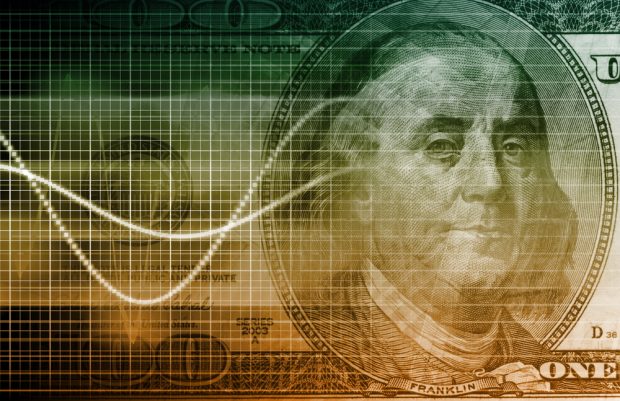 The Bank of Jamaica recently approved the Jamaican Co-operative Credit Union League to extend the use of its mobile wallet, the CONEC Mobile Wallet, to all citizens of Jamaica, regardless of their status as bank customers or credit union members.
The Bank of Jamaica recently approved the Jamaican Co-operative Credit Union League to extend the use of its mobile wallet, the CONEC Mobile Wallet, to all citizens of Jamaica, regardless of their status as bank customers or credit union members.
This development is extremely significant for this Caribbean nation as all citizens stand to gain access to many of the same basic financial capabilities that were previously unavailable to a majority of the population.
According to an article from the Jamaica Gleaner, an estimated 70% of Jamaicans, around two million people, are under- or unbanked, meaning these people have little to no access to traditional financial services and accounts. Many of them express the view that banking "is for big people."
Recommended For You
However, Jamaica isn't the only country with an unbanked population worth addressing. The FDIC estimated that nine million American households are unbanked, and 21 million households are underbanked, which means they may have access to an account but instead rely on alternative financial services. The survey indicated that more than one in four U.S. households are either unbanked or underbanked.
Underbanked individuals from both Jamaica and the U.S. are paying exorbitant fees to carry out transactions that people with traditional bank accounts take for granted every single day. Those with bank accounts might find it difficult to understand how many hurdles and fees one has to overcome to make simple transactions such as cashing a paycheck, paying rent, or transferring money to relatives in other cities.
While there may be a fundamental social injustice in having no access to traditional financial services, many people hold the solution in the palm of their hands.
In Jamaica, where more than 95% of people are data-enabled mobile phone subscribers, a mobile wallet solution is realistic. In the U.S., where the mobile phone adoption rate is also well over 90% and two-thirds of citizens are also smartphone owners, a mobile wallet solution is obvious.
With mobile technology's ability to instantly connect people, manage and store data, and eliminate the need to be physically present or exchange money, the solution to financial inclusion is already here. Will the U.S. ever see widespread use of mobile wallets, especially for the unbanked? The answer is yes, the question is when?
When comparing Jamaica's mobile wallet to other geographies where mobile wallets have taken off, there are some similarities. Much like Kenya's M-Pesa system, Jamaicans, regardless of job status or income, will routinely use the mobile wallet to see balances, pay for goods and services, and complete bill and loan payments, remittances, deposits and withdrawals all from the safety and convenience of their mobile phones.
However, unlike Kenya, Jamaica had an existing mobile infrastructure with a regulating force for the financial industry. The mobile wallet's regulatory approval makes this unlike any other in the world.
With the similarities that exist between the unbanked in both nations, what can the U.S. learn from Jamaica? The U.S. isn't structured like the developing country that Jamaica is, and as a free enterprise nation, there won't be one central bank leading the charge to bring mobile wallet availability to the masses.
What the U.S. can learn from Jamaica, however, is how to introduce disruptive mobile financial technology that is interoperable with existing payment processing and bank systems, easy to implement, compliant with security regulations, and based on existing infrastructure.
Closed payment solutions that work with niche processing players in the market will not see mass consumer adoption. Successful mobile payments solutions will be inclusive at their core—able to work on any data-enabled mobile phone, easily integrated into third parties such as prepaid cards, banks and other financial services, and available to every citizen, regardless of whether they're bank customers.
Charles Wiggs is general manager and SVP of Mozido. He can be reached at 404-492-8856 or [email protected].
© 2025 ALM Global, LLC, All Rights Reserved. Request academic re-use from www.copyright.com. All other uses, submit a request to [email protected]. For more information visit Asset & Logo Licensing.






